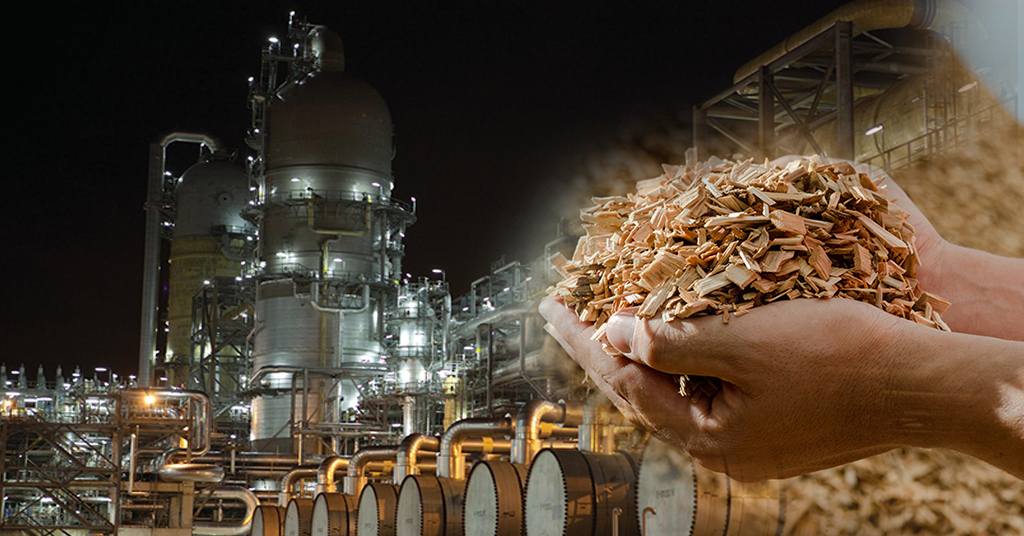Welcome To ChemAnalyst

Saudi Arabia: Saudi Arabia plans to extend its independent production cut of 1 million barrels per day for at least another month. This decision comes as global Crude markets remain under pressure due to economic fears. The announcement surprised oil traders after the kingdom had already imposed curbs with other OPEC+ producers. The supply reduction will come into effect in July but could be extended further. With lackluster demand in China capping Crude prices below $75 a barrel, a level that will not cover the kingdom's budget, almost all traders and are expecting a continuation of the Saudi cut into August. While the kingdom's decisions can be unpredictable, several OPEC+ delegates also suggest an extension looks likely, given the current fragile market sentiment. Removing the cut at this point may have severe implications on prices.
Despite initial expectations of a rally in oil prices, reports suggest they have decreased by approximately 13% in London. This is due to underwhelming post-pandemic demand from China and concerns of an upcoming recession in other parts of the world as interest rates rise. Analysts have abandoned their predictions of Crude oil returning to $100 per barrel. While this has brought relief to consumers in inflation-affected nations like the U.S., it has put a financial strain on Saudi Arabia, who are the de facto leaders of OPEC+ - an alliance between the Organization of Petroleum Exporting Countries and other producers.
The International Monetary Fund had estimated that Saudi Arabia needed oil prices above $80 to finance Crown Prince Mohammad bin Salman's ambitious reforms even before the additional supply cut was announced on June 4. Reducing production and sales volumes further may push this target even higher. The new cut means Saudi output will be reduced to 9 million barrels per day, the lowest since June 2021 during the Covid-19 pandemic recovery period. Although the cut only applies for one month initially, Saudi Energy Minister Prince Abdulaziz bin Salman has kept traders in suspense regarding whether it will remain in place after July. Prince Abdulaziz, who enjoys catching oil speculators off guard, may provide some insight during his speech at an industry conference hosted by OPEC in Vienna next week.
Some OPEC+ delegates have cautioned that Saudi Arabia might surprise the market by reversing the one-million-barrel cut in August. However, believe that the kingdom can safely resume production as global oil markets are on their way to tightening and augmenting prices. This assumption resonates with the predictions made by the leading oil-market institutions in theory. As per the International Energy Agency's forecast, the world oil demand will surpass supply by nearly 2 MMbpd in the latter half of the year owing to the accelerated recovery of Asia, which would lead to a significant depletion of world inventories. Similarly, OPEC's data also suggests a substantial shortfall. Based on these numbers, the Saudis should be able to lift the extra supply curbs and start increasing production. However, recent market trends witness a decline in confidence towards this optimistic perspective.
Brent Crude futures are on track to experience a never-before-seen four-quarter decline. Meanwhile, supplies for delivery soon are being offered at a discount. This tendency, known as contango, typically indicates an abundance of oil in the market. Over the past four weeks, prices have dropped by around $3 since Saudi Arabia revealed its additional output reduction. One major contributor to the output surplus has been Russia, a leading member of OPEC+. To maintain funds for its war in Ukraine, Moscow has been reluctant to implement its pledged cuts, despite predictions that international sanctions would cause its exports to dwindle. Following a mutiny by a warlord earlier this month and the weakening of President Vladimir Putin's grip on power, there are increasing doubts about whether Moscow will ever deliver its agreed-upon share of OPEC+ cuts. In addition to Russia, oil flows from two other OPEC+ members subject to U.S. sanctions, Iran, and Venezuela, have also increased. Exports are rebounding as China searches for affordable barrels of oil, and President Joe Biden's administration engages in cautious diplomacy with both nations. The extra flood of oil makes it more likely that Riyadh will continue to withhold supplies next month. However, it remains unclear how much longer the kingdom is willing to sacrifice its own sales while Tehran, its regional rival, prospers.
We use cookies to deliver the best possible experience on our website. To learn more, visit our Privacy Policy. By continuing to use this site or by closing this box, you consent to our use of cookies. More info.
